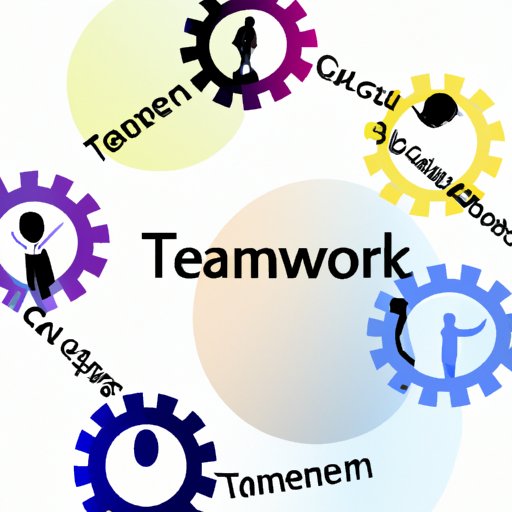Introduction
Team culture is an essential element of any organization. It is the shared values, beliefs, and behaviors that define how individuals interact with each other and approach their work. A strong team culture can foster collaboration, inspire creativity, and promote productivity. It can also encourage employees to develop meaningful relationships, take initiative, and strive for excellence.
Establish Clear Goals and Expectations
The first step in building a strong team culture is to set clear goals and expectations. This involves defining roles and responsibilities, setting reasonable deadlines, and developing an accountability system. By creating structure and clarity, everyone knows what is expected of them and what they need to do to contribute to the team’s success. This helps to create a sense of purpose and direction, which is essential for driving motivation and performance.
Foster Open Communication
Open communication is essential for creating a successful team culture. Encourage active listening by making sure every team member has an opportunity to speak up and share their ideas. Create opportunities for dialogue, such as regular meetings and brainstorming sessions, to ensure that everyone is heard and respected. And be supportive and encouraging of each other, even when there are differences in opinion.
Encourage Collaboration
Collaboration is key to a successful team culture. Promote teamwork by emphasizing the importance of working together towards a common goal. Appreciate different perspectives by recognizing that everyone brings something unique to the table. And delegate appropriately so that everyone feels empowered to contribute and make a difference.
Celebrate Successes
Success should be celebrated and acknowledged. Acknowledge achievements, reward teamwork, and show gratitude for everyone’s efforts. This will help to create a positive environment where people feel appreciated and motivated to do their best work.
Promote Work-Life Balance
It is important to prioritize work-life balance in order to maintain a healthy team culture. Allow flexibility by embracing remote working, provide time off for rest and relaxation, and encourage self-care. This will help to ensure that everyone is able to perform at their best and stay motivated.
Leverage Technology
Technology can be leveraged to enhance efficiency and streamline processes. Utilize digital tools to facilitate communication, automate tasks to reduce manual labor, and use data to make informed decisions. This will help to create a more productive and efficient team culture.
Conclusion
Building a strong team culture requires effort, but it can have lasting benefits for any organization. Establish clear goals and expectations, foster open communication, and encourage collaboration. Celebrate successes, promote work-life balance, and leverage technology. With the right approach, you can create a positive and productive environment that inspires greatness and drives performance.
(Note: Is this article not meeting your expectations? Do you have knowledge or insights to share? Unlock new opportunities and expand your reach by joining our authors team. Click Registration to join us and share your expertise with our readers.)
